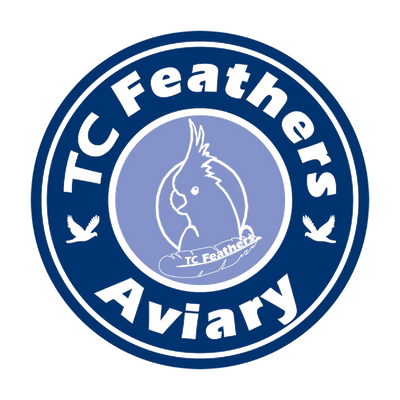Bird Safety
DANGERS INSIDE YOUR HOUSE
- Any non-stick cookware to include frying pans, pots, griddles, waffle irons and George Foreman grills that have a non-stick coating such as Teflon WILL kill your bird. The non-stick coating releases fumes that are toxic to parrots and people. Oven Roaster bags, some microwave popcorn bags and some pizza stones are also dangerous. Even if your bird’s cage isn’t in the kitchen, your HVAC system will circulate the fumes through your house and it will still injure or kill your bird. Self-cleaning ovens will also release dangerous fumes when used in self-clean mode. DO NOT USE the above items with your bird in the house.
- Pots of water and open toilet seat lids. Your bird cannot swim and will drown if it falls into any standing water. Boiling water is another threat to parrots, especially those that are flighted. Keep your birds locked in their cages while you are cooking.
- Plug-in air fresheners, aerosol sprays and certain types of candles are all toxic to parrots.
- Keep your bird’s wings trimmed. We realize this is a controversial subject, but we get a phone call AT LEAST once a week about the death, serious injury or escape of a flighted bird (almost all of which could have been prevented had the bird been trimmed). Birds that are kept trimmed stay more tame and are MUCH less likely to have an accident. Birds do not have an understanding of walls, mirrors and windows and can break their necks if they fly into them. Flighted birds have also been shut in closing doors and flown out open doors and windows only to starve or be eaten by a hawk.
- Fresh fruits and vegetables are extremely good for parrots and should be a regular part of their diet, but chocolate and avocado are toxic.
OUTDOOR SAFETY
- NEVER take your bird outside unless it is in a carrier or a harness. Just because a bird’s wings are trimmed doesn’t mean it can’t fly. Many parrots that fly away and are never found had trimmed wings.
- Hawks WILL fly down and take your bird off of your shoulder, be aware of your surroundings and if you see a hawk take your bird inside.
- Parrots need sunshine in order to produce vitamin D and synthesize calcium. When the weather is nice, get your bird outside as much as possible but do so in a safe manner. Outdoor cages are a safe way to take your bird outside, but never leave the bird unattended while in the cage and make sure the bird has access to shade so it doesn’t overheat.
